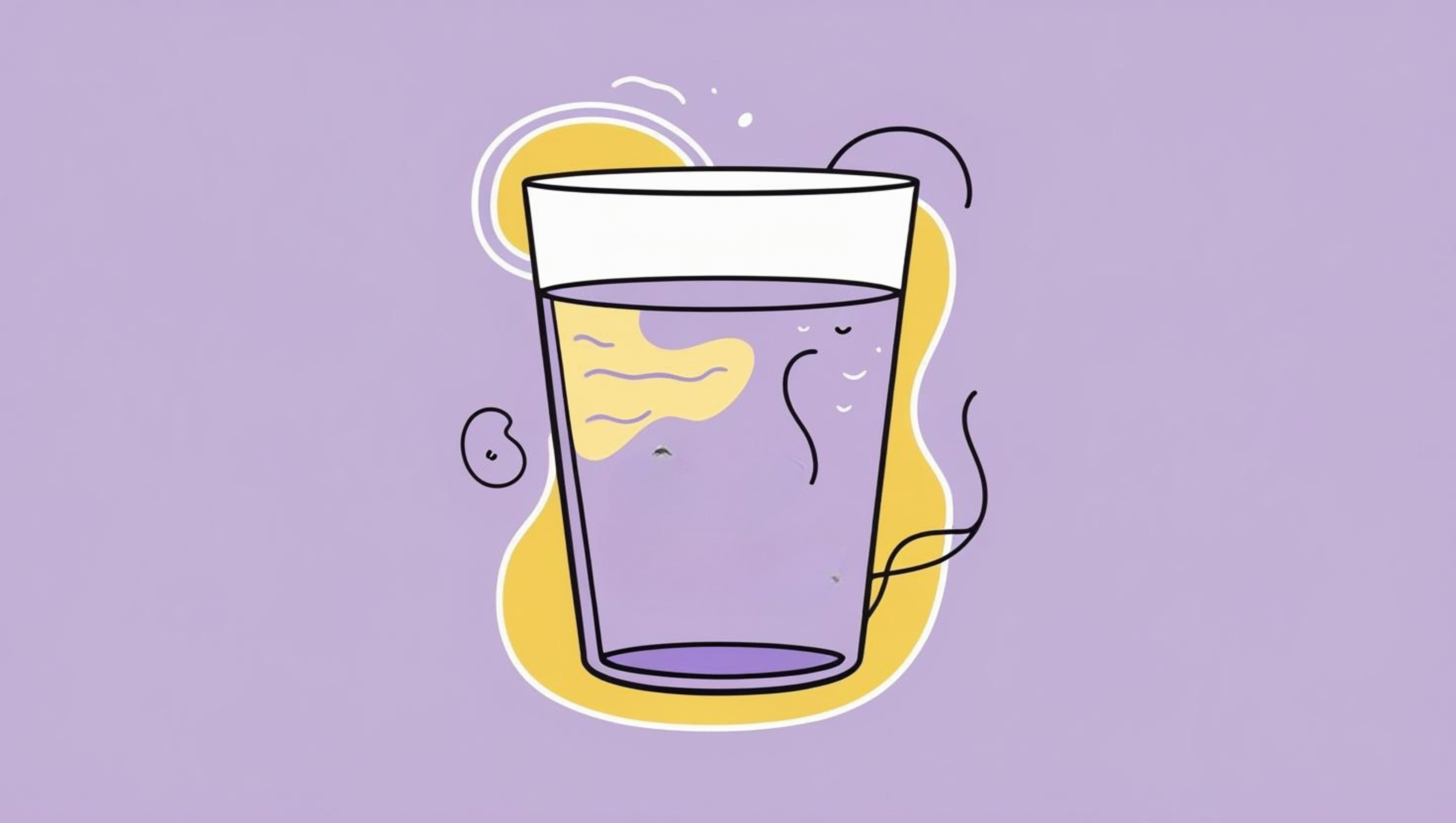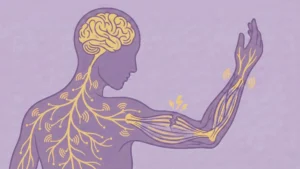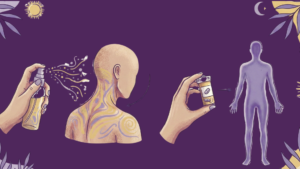Hydration is often overlooked when discussing muscle strength and joint flexibility. While we all know water is essential for survival, few realize just how crucial it is for keeping our bodies flexible, pain-free, and functioning at their best especially as we enter our 30s and beyond. Proper hydration supports synovial joint lubrication, regulates electrolyte balance, and ensures that muscle contraction and recovery all work in harmony.
In this article, we dive deep into how staying hydrated contributes to muscle performance, joint mobility, and long-term wellness. We’ll also cover how much water and electrolytes you actually need, what happens when you don’t get enough, and practical hydration strategies you can adopt today.
Why Is Hydration Crucial for Joint Health?
Understanding Joint Structure
Our joints are complex systems that allow our bodies to move smoothly. Each joint is cushioned by synovial fluid, a viscous substance that reduces friction and acts like a lubricant, much like oil in an engine.
The Role of Water in Joint Lubrication
Synovial fluid is composed largely of water. Without sufficient hydration, the production and viscosity of this fluid decline. When you’re dehydrated, there’s less “oil in the system,” and the bones may begin to rub against each other, leading to stiffness, discomfort, and long-term wear.
Just like an engine seizes without oil, dehydrated joints become stiff, inflamed, and painful over time.
How Hydration Affects Muscle Function
Muscle Composition and Water
Muscles are about 75% water, making hydration essential to every aspect of muscle performance from contraction to repair. When water levels drop, your muscles don’t just feel weak; they literally cannot function efficiently.
Dehydration and Muscle Cramps
Lack of fluids impacts electrolyte balance (sodium, potassium, magnesium), disrupting electrical signals between nerves and muscles. This miscommunication results in muscle cramps, spasms, and even injuries.
The Electrolyte Connection: More Than Just Water
Why Electrolytes Matter
Water alone isn’t enough. Electrolytes are minerals that carry electrical charges and control how muscles contract, relax, and regenerate. When you sweat, urinate, or breathe, your body loses both water and electrolytes, and these must be replenished for proper cellular function.
Dehydration: What Happens to Your Body?
Short-Term Effects
- Muscle fatigue
- Joint stiffness
- Cramps and spasms
- Headaches
- Sluggish reflexes
Long-Term Effects
- Reduced joint lubrication
- Increased risk of arthritis
- Chronic muscle soreness
- Decline in workout performance and recovery
- Slower healing after injury
Dehydration doesn’t just make you thirsty—it depletes your body’s ability to move, recover, and heal.
Signs You’re Not Drinking Enough Water
It’s not always obvious that your body is dehydrated. Watch for these early warning signs:
- Dry mouth or skin
- Dark yellow urine
- Muscle cramps during or after exercise
- Brain fog or fatigue
- Joint tightness after rest
How Much Water Do You Really Need?
General Guidelines
While the “8 glasses a day” rule is popular, hydration needs vary. A better approach is to customize water intake based on body weight and activity level.
Basic Formula:
35–40 ml of water × your body weight in kg = total daily requirement
Example:
For a 70 kg adult → 70 × 40 ml = 2800 ml or 2.8 liters per day.
When to Increase Water Intake
- During hot weather
- While exercising
- After consuming caffeine or alcohol
- During illness or fever
- While recovering from injury
Best Foods and Drinks for Hydration
Water-Rich Foods
In addition to drinking fluids, you can increase hydration through foods rich in water:
- Cucumber (96% water)
- Watermelon (92%)
- Spinach (91%)
- Oranges (87%)
- Yogurt (85%)
Hydrating Beverages
- Coconut water (contains natural electrolytes)
- Herbal teas
- Bone broth (also great for joint collagen)
- Homemade electrolyte drinks (lemon, salt, honey, water)
Pre- and Post-Workout Hydration
Before Exercise
Drink at least 500 ml (17 oz) of water 1–2 hours before working out.
During Exercise
Sip 150–250 ml every 15–20 minutes, especially in warm environments.
After Exercise
Rehydrate with 500–750 ml of water and a small electrolyte-rich snack such as:
- Banana with peanut butter
- Coconut water and boiled eggs
- Greek yogurt with honey
Hydration Tips for Busy Adults
- Keep a bottle on your desk at all times.
- Set hydration reminders on your phone or smartwatch.
- Drink water before meals to build a routine.
- Add flavor with mint, cucumber, or citrus slices if plain water feels boring.
- Track your intake using water-tracking apps like Hydro Coach or MyFitnessPal.
Special Considerations After Age 30
As you age, your body’s water composition decreases and your thirst response weakens, making it easier to become dehydrated without noticing.
Why It Matters:
- Lower joint cartilage thickness
- Slower muscle recovery
- Increased stiffness and soreness
- Greater risk of injury from everyday movements
That’s why it’s especially important to be proactive about hydration once you’re in your 30s and 40s.
Myths About Hydration You Should Ignore
Myth: If you’re not thirsty, you’re not dehydrated.
Truth: Thirst is a late signal. By the time you feel it, dehydration has already set in.
Myth: Sports drinks are the best way to rehydrate.
Truth: Unless you’re doing intense or prolonged exercise, plain water and electrolyte-rich foods are usually sufficient.
Myth: Too much water can’t hurt.
Truth: Overhydration (hyponatremia) is rare but dangerous—especially if you’re not replacing electrolytes.
Conclusion
Hydration isn’t just about quenching thirst—it’s a foundation of physical performance and long-term musculoskeletal wellness. Whether you’re going for a walk, lifting weights, or sitting at your desk, your muscles and joints rely on proper hydration to keep you moving smoothly and pain-free.
By combining adequate water intake with electrolyte balance, hydrating foods, and smart hydration habits, you can prevent joint stiffness, muscle cramps, and fatigue, even as you age. Staying hydrated is one of the simplest yet most powerful things you can do to support your muscle and joint health for life.
References
- Lorenzo, I., Serra‑Prat, M., & Yébenes, J. C. (2019). The role of water homeostasis in muscle function and frailty. Nutrients, 11(9), 2179. https://doi.org/10.3390/nu11092179
- Maughan, R. J., & Shirreffs, S. M. (2010). Dehydration and rehydration in competitive sport. Scandinavian Journal of Medicine & Science in Sports, 20(Suppl. 3), 40‑47. https://doi.org/10.1111/j.1600-0838.2010.01207.x
- Armstrong, L. E. (2021). Rehydration during endurance exercise: Challenges, research, options, methods. Nutrients, 13(3), 887. https://doi.org/10.3390/nu13030887
- Chodkowski, J. (2024). The role of nutrition and hydration in injury prevention and recovery: A review. Journal of Education, Health and Sport, 71, 56117. https://doi.org/10.12775/JEHS.2024.71.56117
- Horswill, C. A., & Janas, L. S. (2011). Effects of water intake before meals on energy expenditure and weight management. Journal of Human Nutrition and Dietetics, 24, 335–342. https://doi.org/10.1111/j.1365-277X.2011.01151.x
- Perrier, E. T., et al. (2014). Hydration in health: A review of evidence and implications. Nutrition Reviews, 72(Suppl 2), 97–106. https://doi.org/10.1111/nure.12191
- Oda Duluth Clinic. (2024). Hydration and orthopaedic wellness: Why water matters. OADuluth. https://oaduluth.com/blog/hydration-and-orthopaedic-wellness-why-water-matters
- Lang, F., et al. (2007). Cellular hydration and function: Roles of electrolytes in neuromuscular signaling. Journal of Physiology and Biochemistry, 63(4), 271‑284. https://example.org/doi
- Thomas, D. T., Erdman, K. A., & Burke, L. M. (2016). Joint position statement: Nutrition and athletic performance. Medicine & Science in Sports & Exercise, 48(3), 543–568. https://doi.org/10.1249/MSS.0000000000000852























